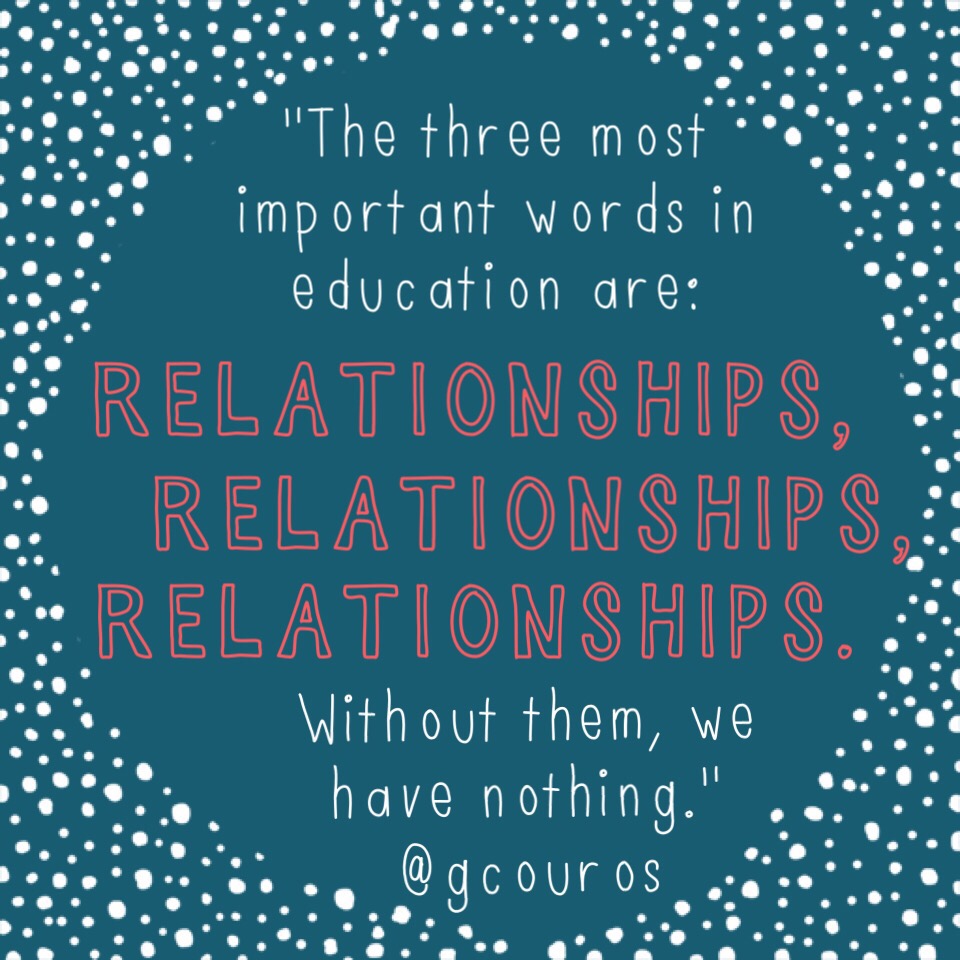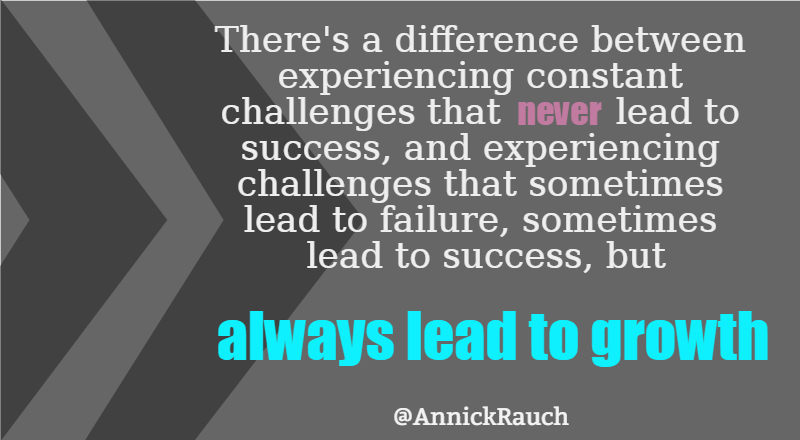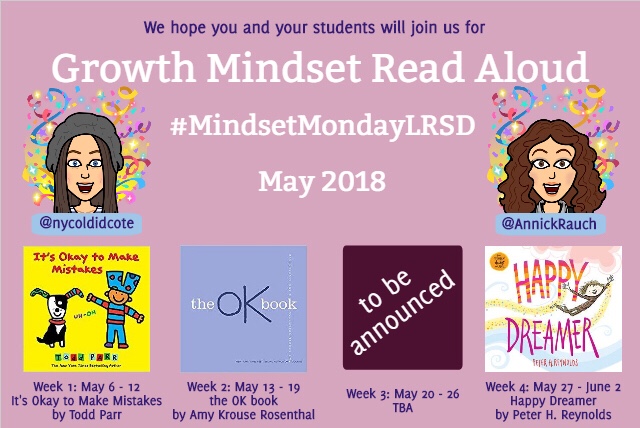Challenges. Soft Skills. Growth.
 Spring is finally upon us and with that, new activities begin. My three youngest boys start soccer this week, but my oldest decided against soccer this spring. Caden played hockey this winter (Go White Jets Go), and once the season was over, he was asked to play goalie in a charity tournament (for the Mustangs), which he was more than excited about! It was such a neat experience for him, and a totally nerve racking one as a goalie parent! This kid lives for hockey; the phrase Eat. Sleep. Play Hockey. definitely describes him, so it’s no surprise that he wanted to play spring hockey, too. This past weekend, Caden had his first tournament with his new team – the Colts, and things kind of fell a part. The first four games that they played, despite the fact that they improved each and every game, were lost and ended with a score that was more comparable to one of a basketball game (okay, maybe not that bad, but you get my point). This poor group of 7 year olds was left defeated and you could tell by the way they acted on the ice and their body language as they came off the ice, that this was a hard lesson for them to learn.
Spring is finally upon us and with that, new activities begin. My three youngest boys start soccer this week, but my oldest decided against soccer this spring. Caden played hockey this winter (Go White Jets Go), and once the season was over, he was asked to play goalie in a charity tournament (for the Mustangs), which he was more than excited about! It was such a neat experience for him, and a totally nerve racking one as a goalie parent! This kid lives for hockey; the phrase Eat. Sleep. Play Hockey. definitely describes him, so it’s no surprise that he wanted to play spring hockey, too. This past weekend, Caden had his first tournament with his new team – the Colts, and things kind of fell a part. The first four games that they played, despite the fact that they improved each and every game, were lost and ended with a score that was more comparable to one of a basketball game (okay, maybe not that bad, but you get my point). This poor group of 7 year olds was left defeated and you could tell by the way they acted on the ice and their body language as they came off the ice, that this was a hard lesson for them to learn.
Relationships

I’ve sad it before and I’ll continue to say it (and I’ll also keep quoting George Couros every single opportunity I get), relationships are the foundation that lead to anything substantial. My son’s team is a brand new team that have had a couple of practices together before this tournament, but that’s it. They haven’t had time to really get to know one another and figure out how they work best together. They haven’t had enough time together to find that comfort level within their team and nerves were evident on the ice. You can’t blame them for that when they were playing against teams who have been together for months or years!
Edu talk: For those of you who still believe that taking the time to build relationships with students in a waste of time, my son’s experience this past weekend is a clear example of how important relationships are. Need more proof? The best substitute teachers that I know take the time to build those relationships with students and build on those every time they come back in my class. Without those relationships – good luck!
Challenge blown out of the water
For the first four games of this tournament, the Colts were not playing against teams of the same caliber. It wasn’t even fun to watch, never mind play against teams whose skills far exceeded ours. Does that mean that our team gave up and stopped trying? Absolutely not! They played as hard as they could, left it all on the ice, but still wound up losing by more than my fingers can count. But what did that lead to? The winning teams didn’t have much of a challenge, which didn’t help them improve (unless you count practicing their celebrations after they scored, or the parents building their muscles with the cow bell that they kept ringing – but don’t get me started on that). And instead of learning bits and pieces at a time, our team was left feeling overwhelmed by everything that they weren’t doing right. Not ideal for either of the teams!
Edu talk: Is this the case in our classrooms? When we teach to a whole class, expecting them to all be at the same place in their learning, how many of our students are at either extremes, feeling under challenged, or over challenged?
Tic toc
These kids are used to playing three 12 minute periods of hockey, but in this tournament, they were treated like the pros! These 7 year olds played three 20 minute periods with ice cleaning during one of the intermissions! Yikes! To put that into perspective for those of you who aren’t hockey fanatics, that’s how long the periods are in the NHL! These kids were exhausted, and after the first game, parents opted to provide a little snack for the kids during intermission to try and help them get their energy back up. The length of the games made it harder for the kids to enjoy. Too much of a good thing is possible.
Edu talk: Are our expectations in the classroom realistic? Do we give our students enough movement breaks to help them be in the right frame of mind to learn? Many view social emotional learning and soft skills as a waste of time, but I always challenge that because I firmly believe that there’s no way students can take in curriculum if they aren’t truly present and have their social and emotional needs met, first and foremost. Do your students know how to self regulate? Are they able to notice when they need a quick break to recharge and get back to work? And are you allowing for this or are you expecting students to take in what you have to teach until you say they’re done? And when looking at curriculum, are there missing pieces that your students need in order to be able to embrace the challenge, or is the challenge too big of a leap leading them to feel overwhelmed, defeated, and helpless?
Not all bad
Up until this point, I’ve focused on things that didn’t help the situation, but the fact of the matter is that my son, and his teammates, still learned a lot this weekend including a very important lesson. My son was used to playing on teams that did well. They didn’t always win, but they certainly never got their butts kicked the way this new team did this weekend. Emotions were high and tears were shed, because it’s hard to experience such extreme losses. It’s hard to give all you’ve got and still fail. It’s hard to stay positive when your efforts simply aren’t enough. But, that is life! This WILL happen and it’s important for kids to learn how to deal with it. What I think is important to distinguish here is that this was one tournament – if this was my son’s reality for every single game he’s ever played, I’m sure his attitude towards hockey would not be what it is today. There’s a difference between experiencing constant challenges that never lead to success, and experiencing challenges that sometimes lead to failure, sometimes lead to success, but always lead to growth.

How are you pushing your students just the right amount? How are they learning through failure? How are they embracing a Growth Mindset and an Innovator’s Mindset? How are you providing the right conditions for all of this to happen?
*If you want an opportunity to have rich conversations around Growth Mindset with your students and many more around the world, please check out the Growth Mindset Read Aloud #MindsetMondayLRSD! We would love to have you join us on this journey!


Leave a Reply